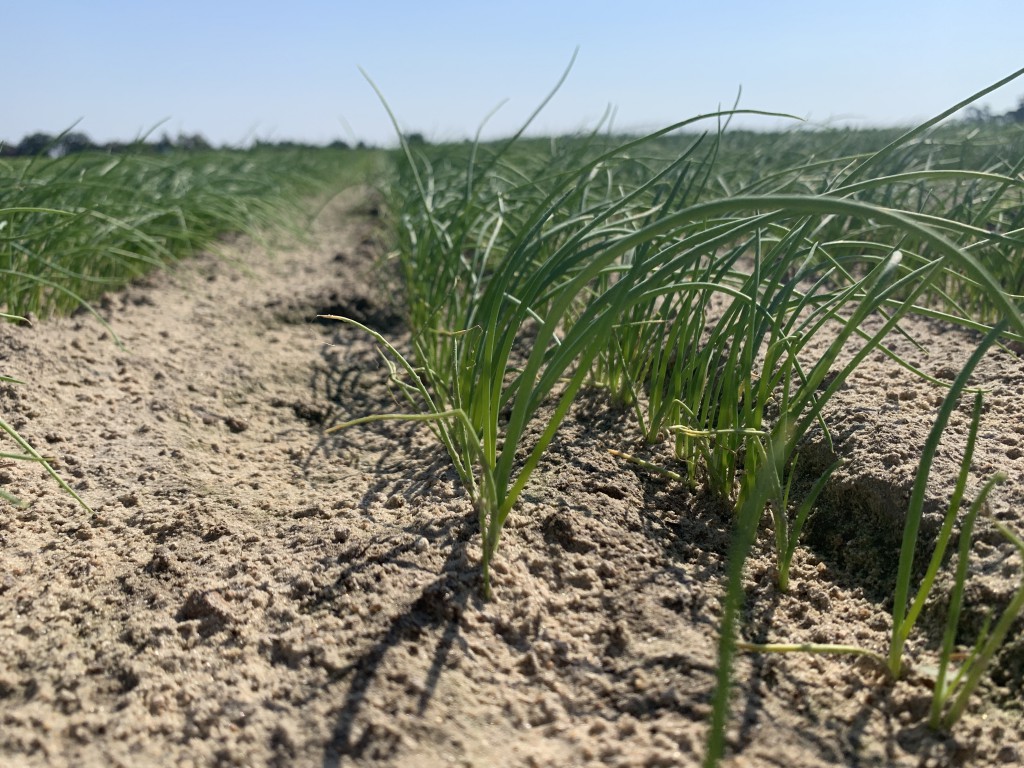
By Clint Thompson
The Environmental Protection Agency’s (EPA) recent decision to ban the use of the pesticide chlorpyrifos on all food means onion and sweet potato producers will need to find alternatives in six months.
While those options exist, they are not nearly as effective.
“There’s a reason all the growers use chlorpyrifos,” said Stormy Sparks, University of Georgia Cooperative Extension vegetable entomologist.
The revocations of the tolerances for all commodities will go into effect in six months. While the ban applies to all vegetable crops, chlorpyrifos or lorsban, is used extensively for soil insects in onion and sweet potato acreage.
“Where we use it in sweet potatoes, we still have wireworm problems. But where you don’t use it, you’ve got really bad wireworm problems,” Sparks said. “It’s almost entirely pre-plant incorporated for soil insects. It used to have a lot of foliar uses, 20 or 30 years ago. But for at least the last 20 years it’s all been soil application prior to planting.”
Sparks said soil insects in the Southeast region are not as bad as some other areas of the country. But when the ban goes into effect sometime next year, there expects to be more soil insect problems.
“When you start looking at what’s coming down the pipeline, there’s one product that’s looking really good on soil insects. But with the problems we’ve been having registering insecticides, who knows how soon that’ll actually occur,” Sparks said.
Could Have Been Worse
While the ban by the EPA provides an ominous future for some Southeast vegetable growers, Sparks said it could have been even worse.
“With tolerances disappearing, they could have said, with this tolerance disappearing, anything that has a residue on it is illegal. They didn’t say that. They said when the tolerance disappears and you have a residue, as long as that application was made in a legal manner prior to the tolerance disappearing and your residue is still below what was previously legal, you’re okay. It’s kind of a phase out,” he added.









